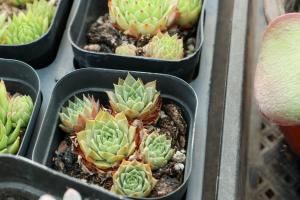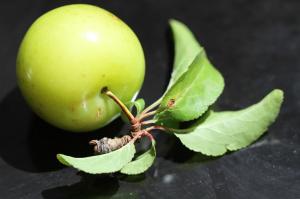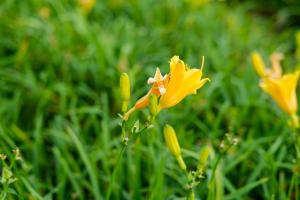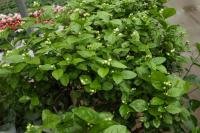1、 What are the nitrogen fertilizers
1. Ammonium nitrogen fertilizer: ammonium nitrogen fertilizer includes many kinds, including ammonium sulfate, ammonia, ammonium bicarbonate, liquid ammonia, ammonium chloride, etc. However, there are many commonalities. For example, they are easy to be adsorbed by soil colloids and will become nitrate after oxidation. This fertilizer is more volatile in alkaline environment. If plants or crops absorb too much, it will produce inhibition, and if the concentration is high, it will be easy to produce toxicity

2. Nitrate nitrogen fertilizer: nitrate nitrogen fertilizer includes calcium nitrate, sodium nitrate, ammonium nitrate, etc. Its commonality is that it is more soluble in water and has no inhibitory effect on the absorption of potassium, magnesium and calcium by crops. It is mainly used in alkaline fertilizer
3. Amide nitrogen fertilizer: amide nitrogen fertilizer is what we usually call urea fertilizer. It contains 46.7% nitrogen fertilizer, which is the fertilizer with the highest nitrogen content among solid nitrogen. Therefore, if you want to supplement the required nitrogen fertilizer as soon as possible and promote growth, the most common choice is urea fertilizer, which has a better effect

2、 What is the effect of nitrogen fertilizer
Nitrogen is one of the three elements of plant growth. It is indispensable and the main component of protein in crops. If it is a crop, the plant is seriously short of nitrogen fertilizer, which will be life-threatening. In addition, if there is a lack of nitrogen fertilizer, it is prone to plant thinness, yellowing of leaves and other phenomena, and the growth will slow down. An appropriate amount of nitrogen fertilizer can help plants carry out photosynthesis, which is beneficial to growth


 jackfruit
jackfruit snake plant
snake plant hibiscus
hibiscus hydrangea
hydrangea lavender
lavender Green roses climb al...
Green roses climb al... If you don't pay att...
If you don't pay att... Management of four g...
Management of four g...


































